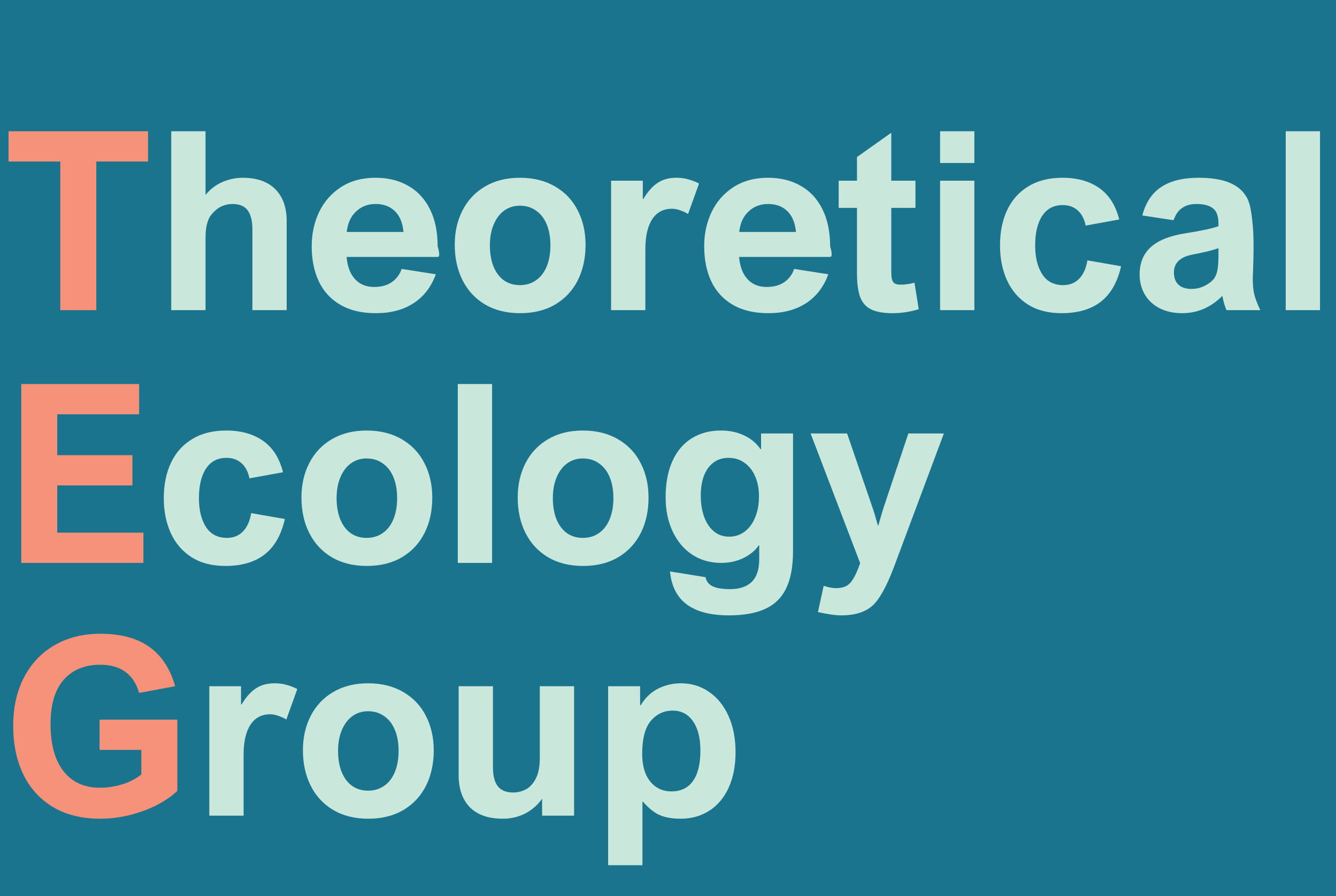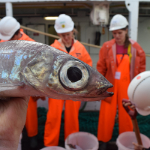

 Trond Mohn Project: Advection and Trophic Subsidies
Trond Mohn Project: Advection and Trophic Subsidies Project: Sustainability and health effects of small pelagic fish
Project: Sustainability and health effects of small pelagic fish Project: From terrestrial greening to coastal darkening
Project: From terrestrial greening to coastal darkening Project: How can fisheries contribute more to a sustainable future?
Project: How can fisheries contribute more to a sustainable future? Theme: Life in the Mesopelagic
Theme: Life in the Mesopelagic Theme: Bringing a digital fish to life
Theme: Bringing a digital fish to life Research theme: Arctic and Antarctic Ecology
Research theme: Arctic and Antarctic Ecology Project: Hypoxia on tropical coral reefs
Project: Hypoxia on tropical coral reefs Theme: Animal decision making
Theme: Animal decision making